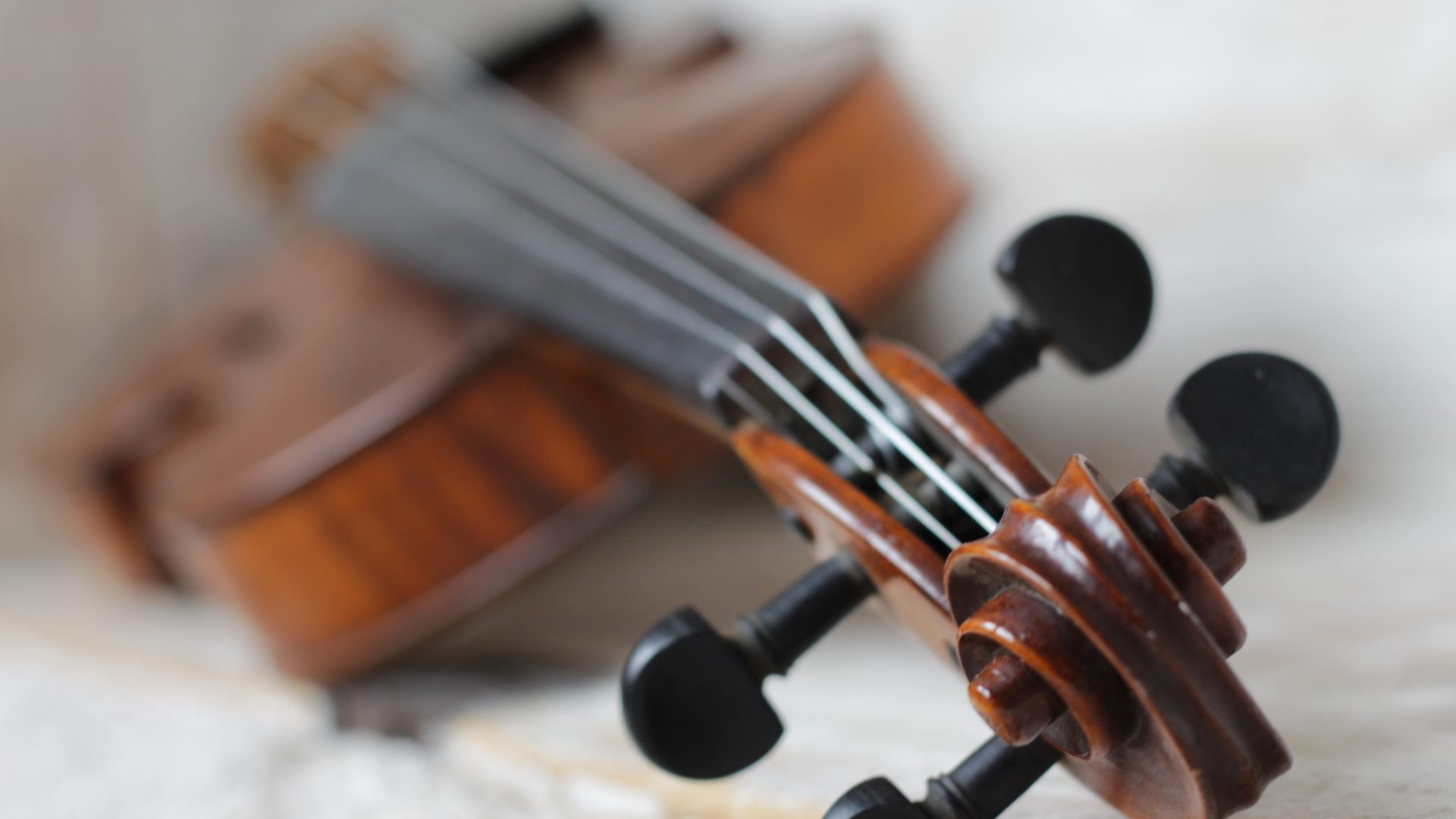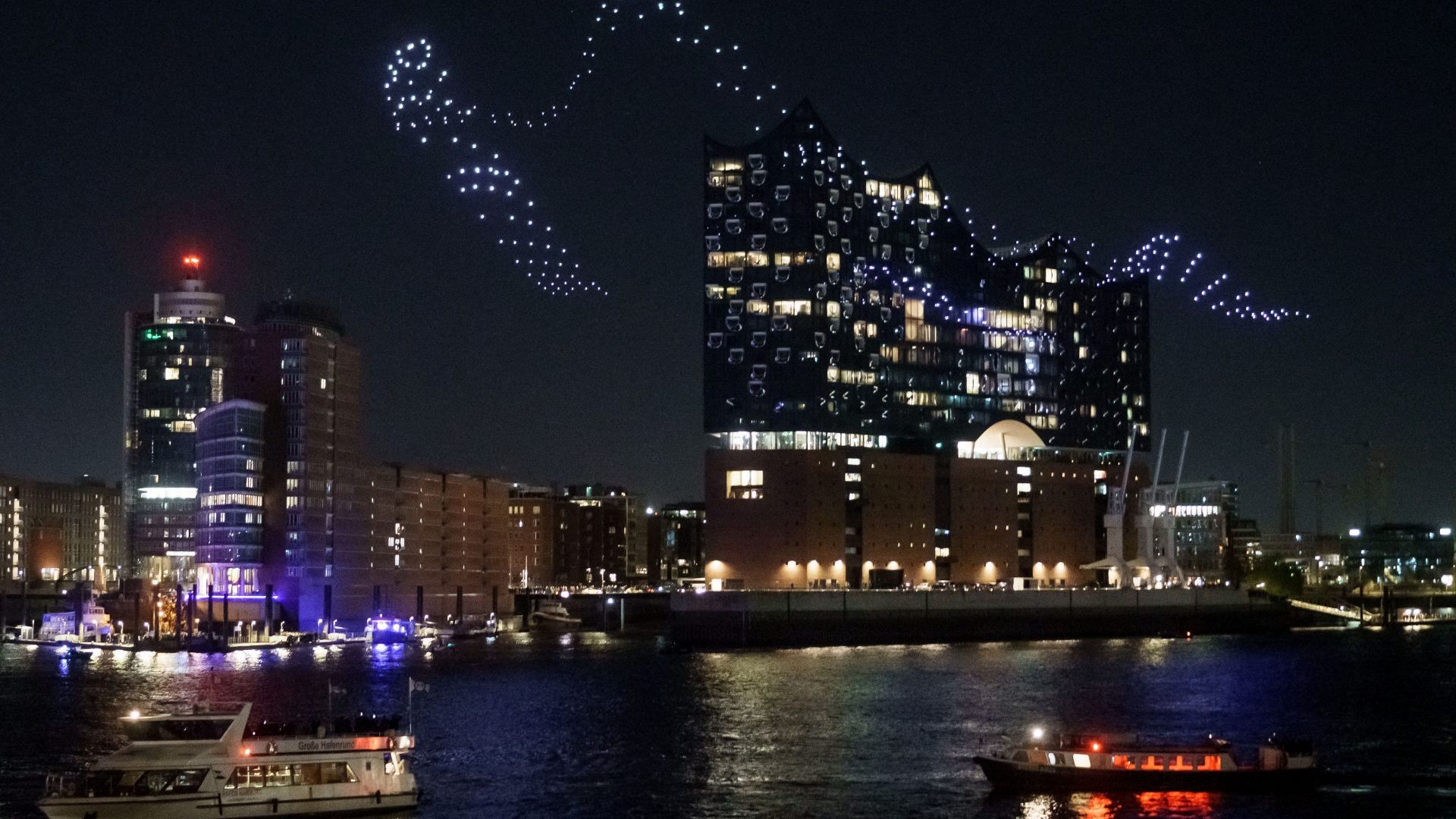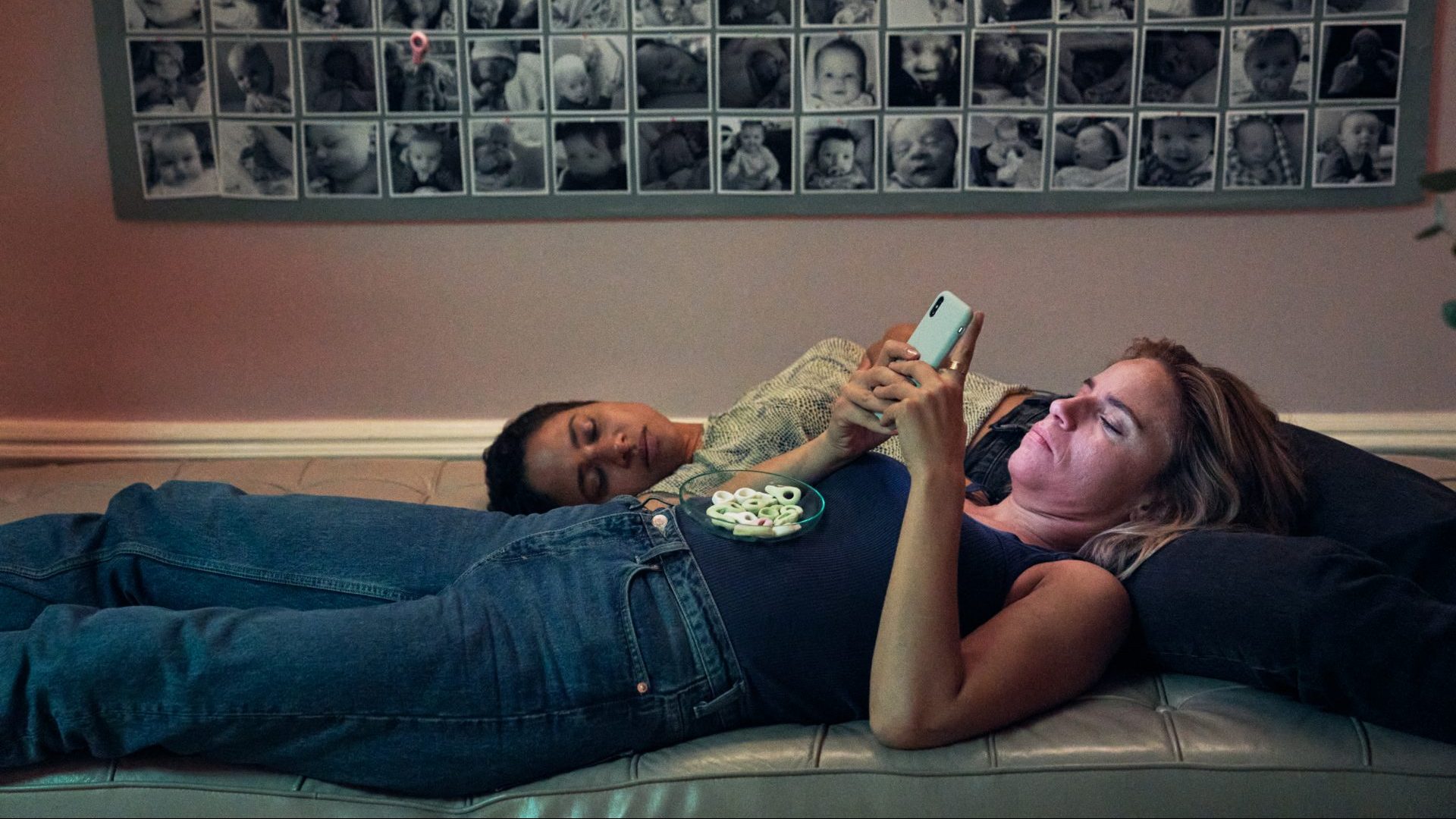Inlaid with ivory and diamonds and varnished in gold, the 343-year-old
“Hellier” violin is as beautiful as it is rare. Its legendary creator, the Italian violinmaker Antonio Stradivari, would not sell it for 55 years. Up for auction at Christie’s in July, it is the second box-office Stradivarius on sale this summer, as earlier this month the Golden Age “da Vinci, ex-Seidel” Stradivarius that once belonged to Albert Einstein’s violin mentor was sold in New York.
Whatever the outcome, you can bet neither will go to a musician. The Hellier is expected to sell for up to £9m. The da Vinci went for $15.34m (£12.5m), making it the second most expensive Stradivarius violin after the “Lady Blunt”. Orchestral musicians in the UK earn around £30,000 a year on average. Soloists earn more, but it’s unlikely even celebrity violinists could reach such figures.
These instruments – revered for their richness of tone, clarity and character – were not always so eye-wateringly expensive. The Odesa-born Russian virtuoso Toscha Seidel, who gave lessons to Einstein, paid $25,000 in 1924 for the da Vinci – a woeful $402,900 (£327,645) in today’s money. Samuel Hellier
bought the violin now named after him from Stradivari in 1734 for £40, now equivalent to £6,300.
Like anything rare and desirable, the world’s 600 surviving Strads have lately become investment vehicles and collectables for hedge funds or the restless 1%, which pushed prices up across the board and out of the reach of even the top tier of musicians.
It’s not just prestige Italian fiddles. I’ve heard of professional string players who have taken out mortgages in order to find the hundreds of thousands of pounds they need to acquire what are the basic tools of the trade. I can’t think of anything similar, other than maybe horses, where talented young
show jumpers need expensive animals to ride if they’re to have a career.
Jonathan Vaughan, now interim principal director at the Guildhall School of Music, once told me that talented young musicians were having trouble securing good enough instruments and some gave up as a result. He said a colleague had found that violin prices had outperformed the FTSE-100 over the past 60 years by a factor of five.
On the other side, income streams for musicians have deteriorated – already hit by changes in royalties, reductions in recordings and free online content, Brexit and Covid stymied vital performance and touring opportunities. The cost-of-living crisis will make things worse.
It’s becoming irreconcilable. If you’re a top musician, help might come. Nicola Benedetti was given an estimated £6.3m Stradivarius in 2012 by the investment banker and former National Youth Orchestra violinist Jonathan Moulds. Joshua Bell and Hilary Hahn have received violins through the American Stradivari Society, while the Cambridge philanthropist and investor Nigel Brown helped to get funding for Nigel Kennedy’s “Cathedrale”
Stradivarius and went on to found a syndicate, like those set up to buy racehorses, to help procure instruments for others, including Jennifer Pike. But even he complained to me about increasingly “ridiculous” prices.
The problem with the instrumental loans comes when they end, which can be quite abrupt. Unlike pianists, violinists take their instruments everywhere, to the extent that they become an extension of themselves. A musician of my acquaintance had to sell her prized instrument to pay a
debt, and paid a huge emotional price.
Younger, early-career musicians can seek out grants, scholarships, or competition prizes, but the scrap for funds is fierce. Or they could buy
modern instruments, which are increasingly well-received.
The renowned cellist Raphael Wallfisch had the French luthier Patrick Robin make him a cello, which he’s described to me as “fantastic”. But as modern
instruments rise in fame and price, they will also become prey to speculative investors and fraudsters.
Like super-rich art hoarders who store masterpieces in luxe vaults in European freeports, those who buy precious instruments with no intention of having them played should leave the stage for those supportive of talented musicians. They should buy up and hide something else of contemporary
significance instead – there are a whole load of populist politicians nobody will miss very much.




